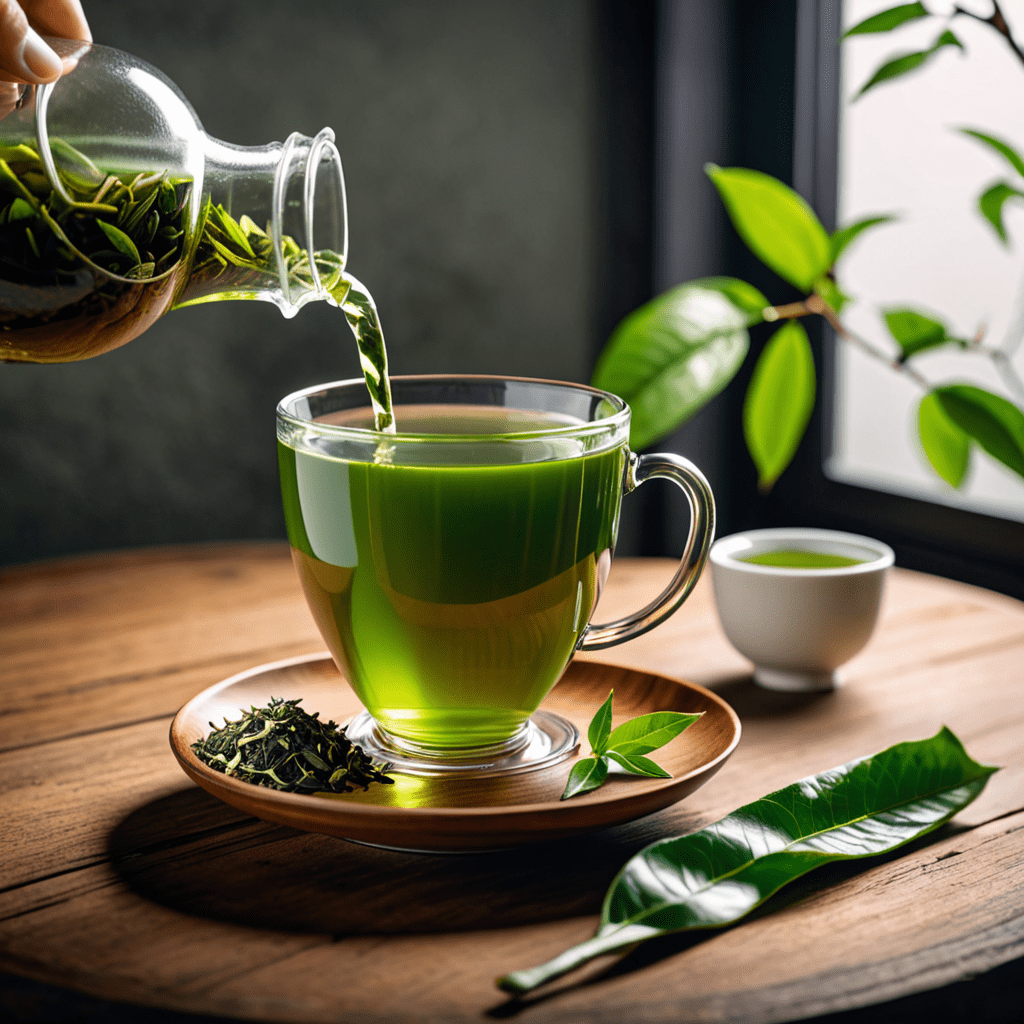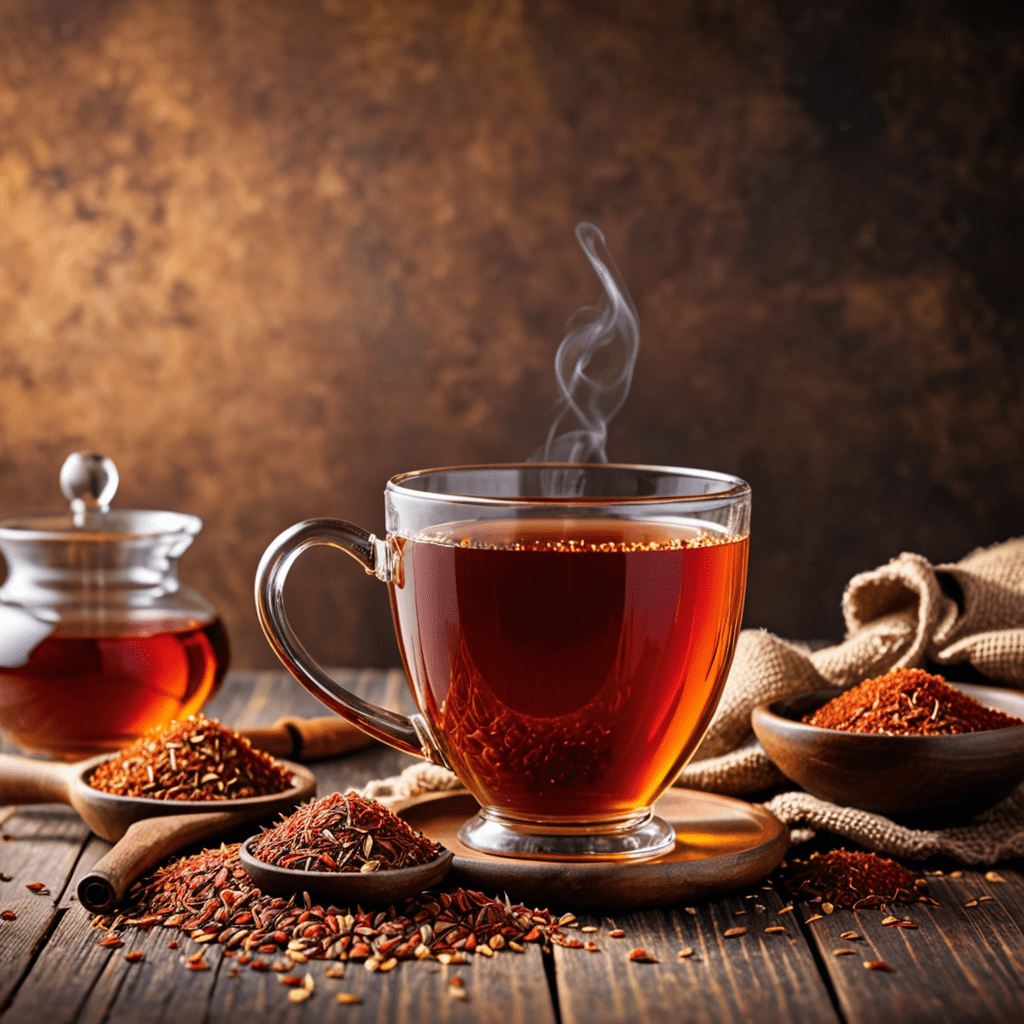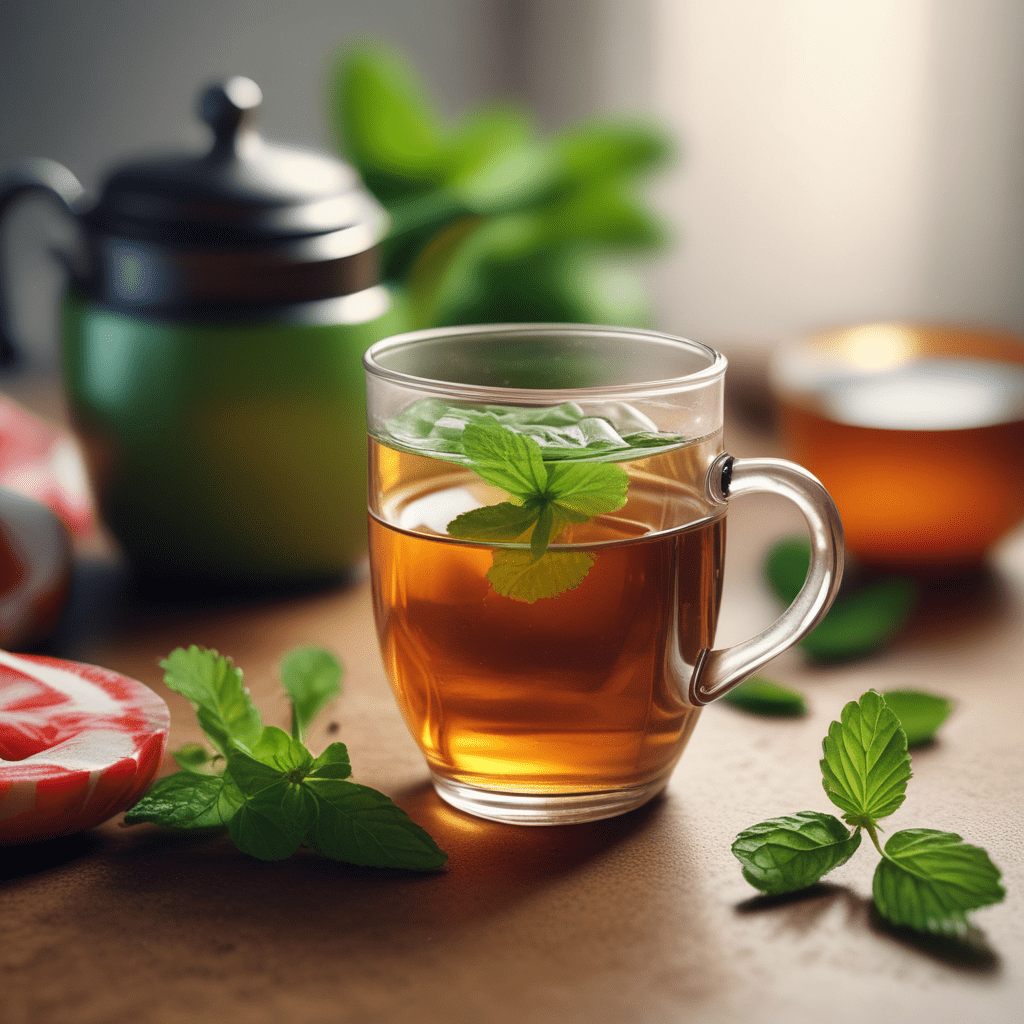Tea and Feng Shui: Harmonizing Spaces in Chinese Culture
1. Introduction to Tea in Chinese Culture
In the rich tapestry of Chinese culture, tea holds a revered position, transcending its role as a beverage. For centuries, tea has been an integral part of Chinese society, imbued with medicinal, cultural, and spiritual significance. Its pervasive influence extends beyond the teacup, deeply intertwined with the ancient art of Feng Shui.
2. Feng Shui: Ancient Chinese Art of Placement
Feng Shui, literally translated as "wind-water," is an ancient Chinese practice that seeks to harmonize living spaces by arranging elements in a way that promotes balance and well-being. It is believed that the flow of Qi, or life energy, can be guided and enhanced through careful placement of objects and elements within one's surroundings.
3. Tea and the Five Elements
In Feng Shui, the world is perceived as composed of five fundamental elements: wood, fire, earth, metal, and water. Tea is closely associated with the water element, which represents fluidity, adaptability, and tranquility. By incorporating tea into the home, practitioners of Feng Shui aim to harness these qualities and evoke a sense of calm and balance in their living spaces.
4. The Role of Tea in Feng Shui Spaces
Tea plays a multifaceted role in the practice of Feng Shui. It is seen as a purifying agent, capable of absorbing negative energy and creating a harmonious atmosphere. The act of preparing and drinking tea is believed to promote mindfulness and relaxation, making it an ideal practice for creating a tranquil environment. Additionally, tea can be incorporated into the home through the use of tea-related objects, such as teapots, cups, and tea caddies.
5. Using Tea to Enhance Energy Flow
When using tea to enhance energy flow, practitioners of Feng Shui consider the location and placement of tea-related items carefully. The kitchen, with its inherent connection to water, is considered an ideal location for tea preparation and storage. The living room, as a gathering space, benefits from the calming and inviting ambiance created by the presence of tea.
6. Tea as a Symbol of Purity and Harmony
Tea holds a profound cultural significance in China, representing purity and harmony. The act of preparing and drinking tea is seen as a ritual that fosters contemplation and inner peace. The delicate aroma of tea is believed to clear the mind and promote emotional balance, making it an essential element in creating a harmonious living environment.
7. The Tea Table: A Place of Gathering
In Chinese culture, the tea table is considered a sacred space, where friends and family gather to share tea, conversation, and laughter. The design and placement of the tea table are meticulously considered in Feng Shui, as it is believed to influence the flow of energy and the overall ambiance of the gathering. Ideal tea tables are made from natural materials, such as wood or bamboo, and are placed in a central location within the home.
8. Teacups and Teapots in Feng Shui
The shape and material of teacups and teapots also play a significant role in Feng Shui. Cups with wide openings are preferred, as they symbolize openness and receptivity. Teapots with curved handles represent harmony and good luck, while those with straight handles are associated with clarity and precision. The material of the teaware is also considered, with porcelain being highly valued for its delicate beauty and association with purity.
9. Tea Rituals and Feng Shui
The traditional Chinese tea ceremony is a highly ritualized practice that embodies the principles of Feng Shui. The ritual involves a series of specific steps, including the preparation of the tea, the pouring of the tea into the cups, and the offering of the tea to guests. Each step is performed with mindfulness and attention to detail, creating a serene and meditative atmosphere.
10. Harmony in Body and Mind through Tea
Consuming tea is not only beneficial for the body but also for the mind. According to traditional Chinese medicine, tea has therapeutic properties that promote relaxation, reduce stress, and improve cognitive function. By incorporating tea into their daily routine, individuals can foster a harmonious balance between their physical and mental well-being.
Frequently Asked Questions (FAQs)
What are the benefits of using tea in Feng Shui?
Tea is associated with the water element in Feng Shui, representing fluidity, adaptability, and tranquility. By incorporating tea into the home, practitioners aim to promote a sense of calm and balance, enhance energy flow, and create a purifying atmosphere.
How can I incorporate tea into my Feng Shui practice?
There are several ways to incorporate tea into your Feng Shui practice. You can place teapots, cups, and tea caddies in strategic locations throughout the home, such as the kitchen or living room. You can also use tea to purify the air or create a calming ambiance by burning tea leaves as incense.
What type of tea is best for Feng Shui?
The type of tea you choose for Feng Shui is a matter of personal preference. However, green tea is often considered the most auspicious, as it is associated with growth, renewal, and vitality. Other popular choices include white tea, black tea, and oolong tea.


